When I was a little girl, nearly five decades ago, I was always curious to learn about everything around me. Most of my class mates were very happy to be in school, where we could learn and play with our friends, be surrounded by nature and develop loving relationships with our teachers. As such school days were the most inspirational in casting my life. I believe that schooling is a crucial part of life for everyone and perhaps the most influential factor in shaping our character. The fourteen long years we spend at our school helps craft our foundation on which our value system rests for life long.
Today, schools are becoming increasingly complex as they mirror the current socio-economic landscape driven by rapid demographic and technological changes, as well as by changing family structures and demands. As a result, in most schools children now seem to be quite unhappy, perhaps due to too much pressure, high expectations, and an overemphasis on academics, tests and competition.

Kiara Education Solution Pvt Ltd (KES) is a group of education consultants to help schools and colleges in designing and delivering curriculum to enhance the learner’s soft skills, behavioral skills, leadership qualities, self-management and self-productivity. Our teaching methods make our learners a happy person with a great deal of personal impact.
We believe that all children are entitled to be happy and enjoy their life in school, whether through a genuine love of learning, through building positive friendships, or through feeling a sense of belonging in the community and wider society. Moreover, we need all learners to be happy in order for future generations to contribute to a more peaceful and prosperous world.
The children of today are gearing up to become adult citizens of tomorrow.
It is widely accepted that the learning process is instrumental in shaping one's personality and how he/she deals with life situations.
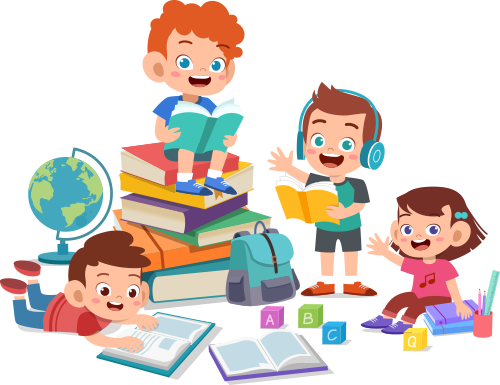
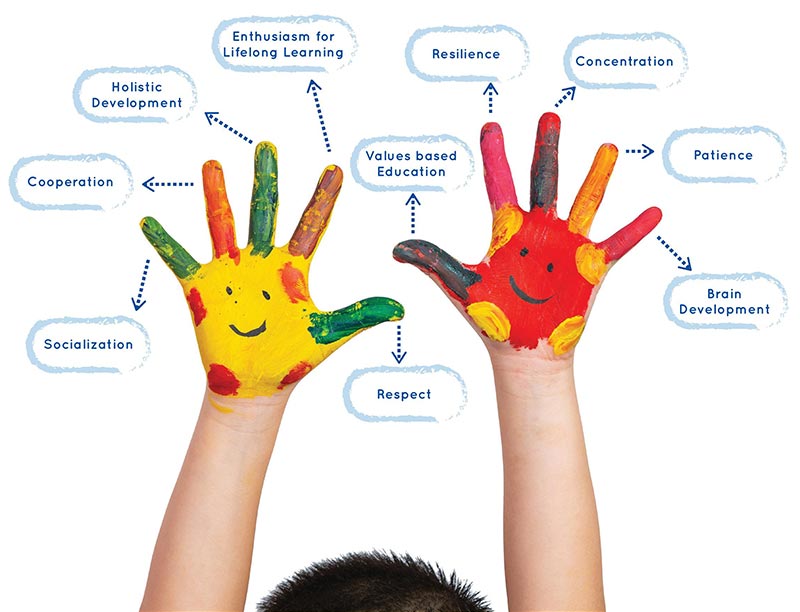
KES creates a learning environment for children to be happy and enjoy their life in school, whether through a genuine love of learning, through building positive friendships, or through feeling a sense of belonging in the community and broader society.
Our curriculum from class 1 to 12 facilitates the cultivation of healthy thoughts, essential soft skills to be successful, and grooming the cognitive abilities of learners to be better human beings.
We need all learners to be happy for future generations to contribute to a more peaceful and prosperous world.
Our teaching methods make our learners a happy person with a great deal of personal impact.
LEARNING TO KNOW
implies the basic education
LEARNING TO DO
emphasizes the acquisition of vocational or hard skills necessary to practice a profession or trade
LEARNING TO LIVE TOGETHER
focuses on ‘understanding of others’
LEARNING TO BE
focuses on the ‘richness’ of the learners’ personality and expression
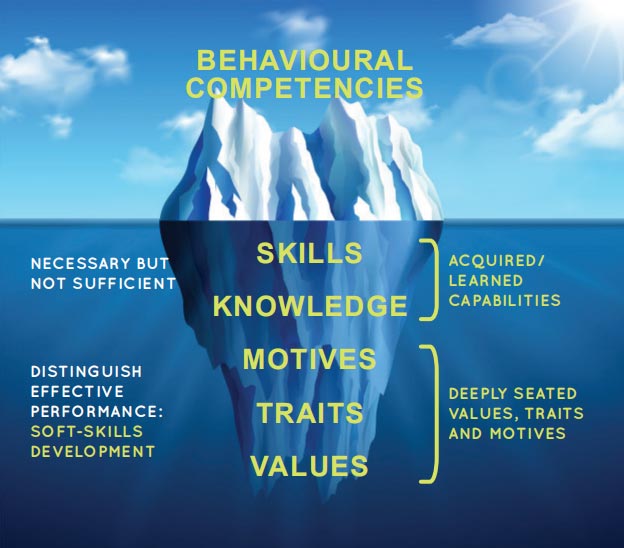
The soft skills work on deeply seated values, traits, and motives of an individual (refer to the Iceberg model).
Aristotle identified happiness not only as the purpose of human existence but as something dependent on exercising moral character through virtues.
- (Crisp, 2000)

These Happy children of today will become Satisfied Decision-makers of tomorrow. – India in 2035 will be Corruption-Free.
We aim to be the ultimate supplier of choice for soft skills training to Schools that promote the happiness of learners, as a key to ensuring better well-being, achievement, and success in future life and work.

As such, promoting learner happiness and well-being in schools does not imply that learning is made easier or requires less effort, but rather, that such approaches could help fuel a genuine love of learning in and of itself.
– UNESCO Happy Schools, 2016

In our increasingly competitive world, a continued exclusive or predominant focus on 'numbers' as indicators undermines happiness and well-being.
To enhance happiness and well-being, school systems need to value learners' unique strengths and talents, recognizing that there are 'multiple intelligences' and that each has equal importance.
- GARDNER 1993

Equipping learners with skills, attitudes, and values about 'living together' and 'being' such as empathy, tolerance, communication, and creativity, requires first ensuring the well-being and holistic development within the school environment. KES implements this holistic development through the TOP FIVE Factors for a Happy School.

Seligman also identified six core virtues that are recognized across all cultures; these six virtues were each further elaborated as 24 character strengths. (Peterson and Seligman, 2004)
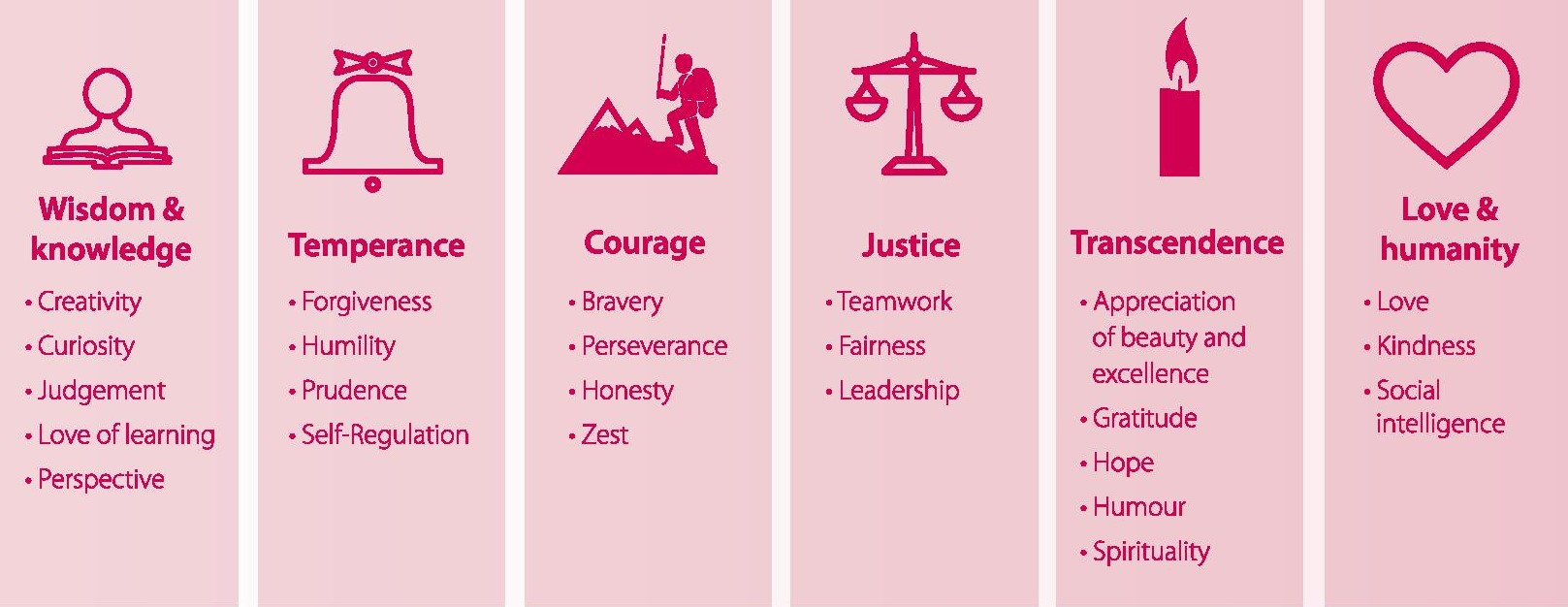
Education could ultimately bring happiness by focusing on the 'whole child,' aspiring beyond academics, to promote physical, mental & psychological development.
- Johann Pestalozzi: Father of modern pedagogy

Education to provide children with a crucial balance of 3 elements: Head (cognitive development), Heart (emotional development) & Hands (physical development).
- (Brühlmeier, 2010)
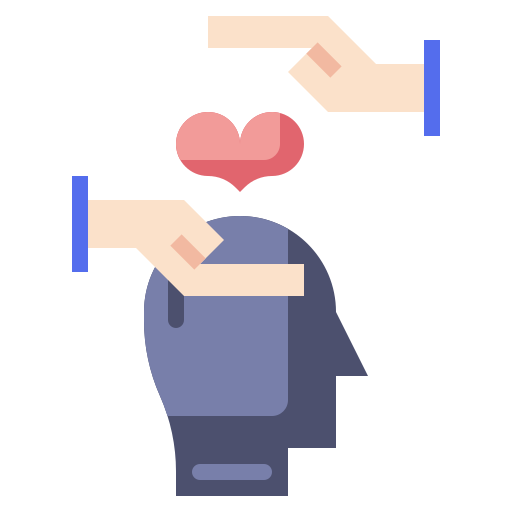
All of these stand at the core of the Happy Schools concept. Below are the most relevant aspects of Pestalozzi's approach to education.
Child-centered teaching and learning
Learner freedom
Trust Relationship between students and teachers
Experiential learning through practical and engaging teaching approaches
Cross-curricular learning
Authority based on love, not fear
Parental engagement in learning
At the KES, we have aligned our courseware to UNESCO's conceptual framework and developed modular courseware that can be further customized, keeping in view the development of the school.
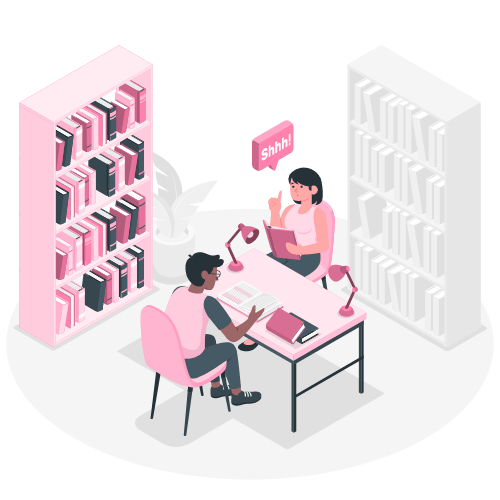

We research internationally established concepts, prepare our training material, test, and finally deliver state-of-the-art training to promote learners' happiness, as a key to ensuring better well-being and success in life.
We conduct a fact-finding mission to gather institution-specific case scenarios to customize our courseware and align it with their needs and solve learners' real-life problems.
“Tell me, and I'll forget; Show me, and I may remember; Involve me, and I'll understand.”
- ANCIENT CHINESE PROVERB

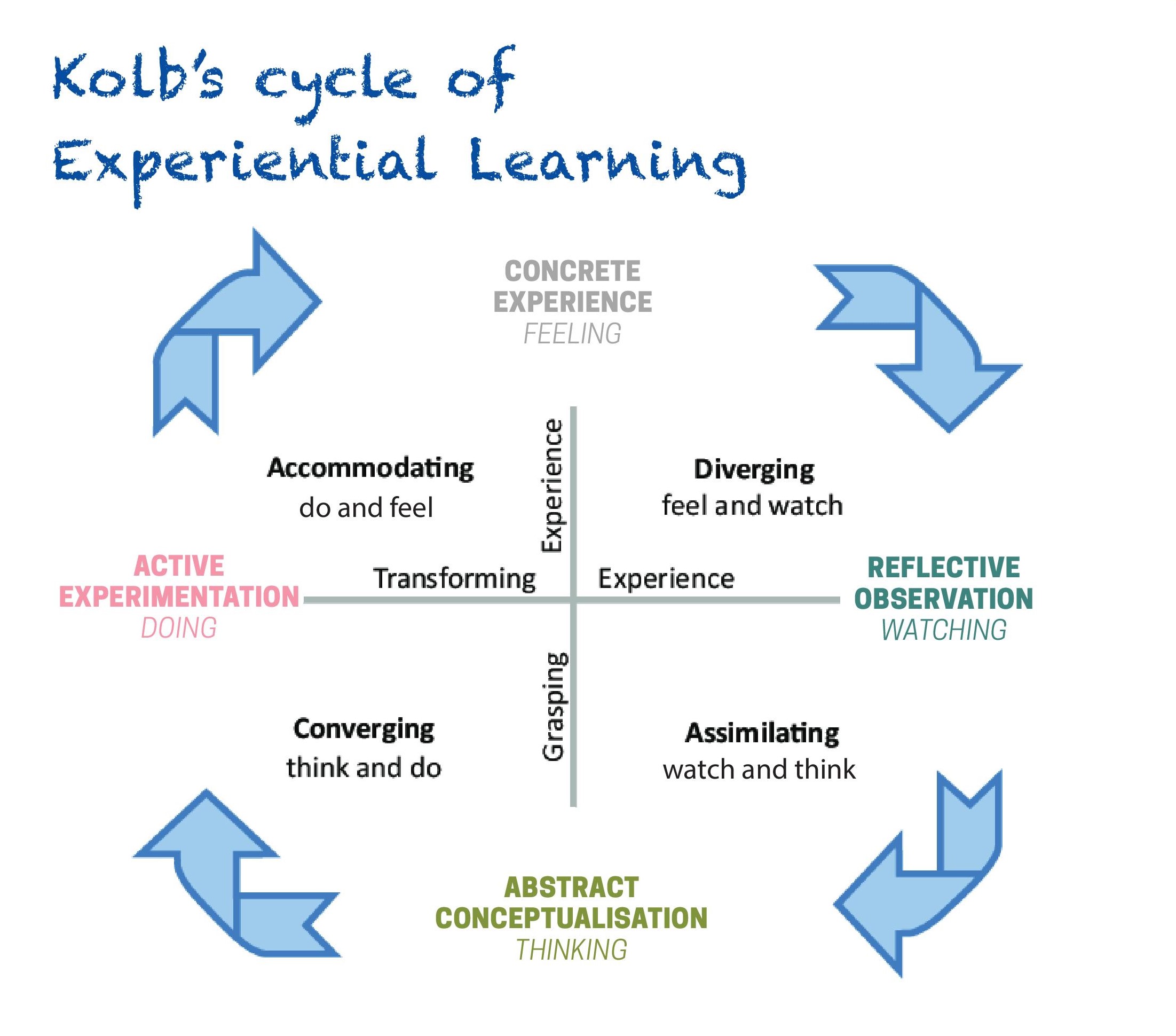
Experiential Learning is in contrast with being told what to do when you find yourself in a particular situation. Because learners feel the subject matter through activities rather than passively consuming information, they are more likely to learn and retain that learning experience in the future.
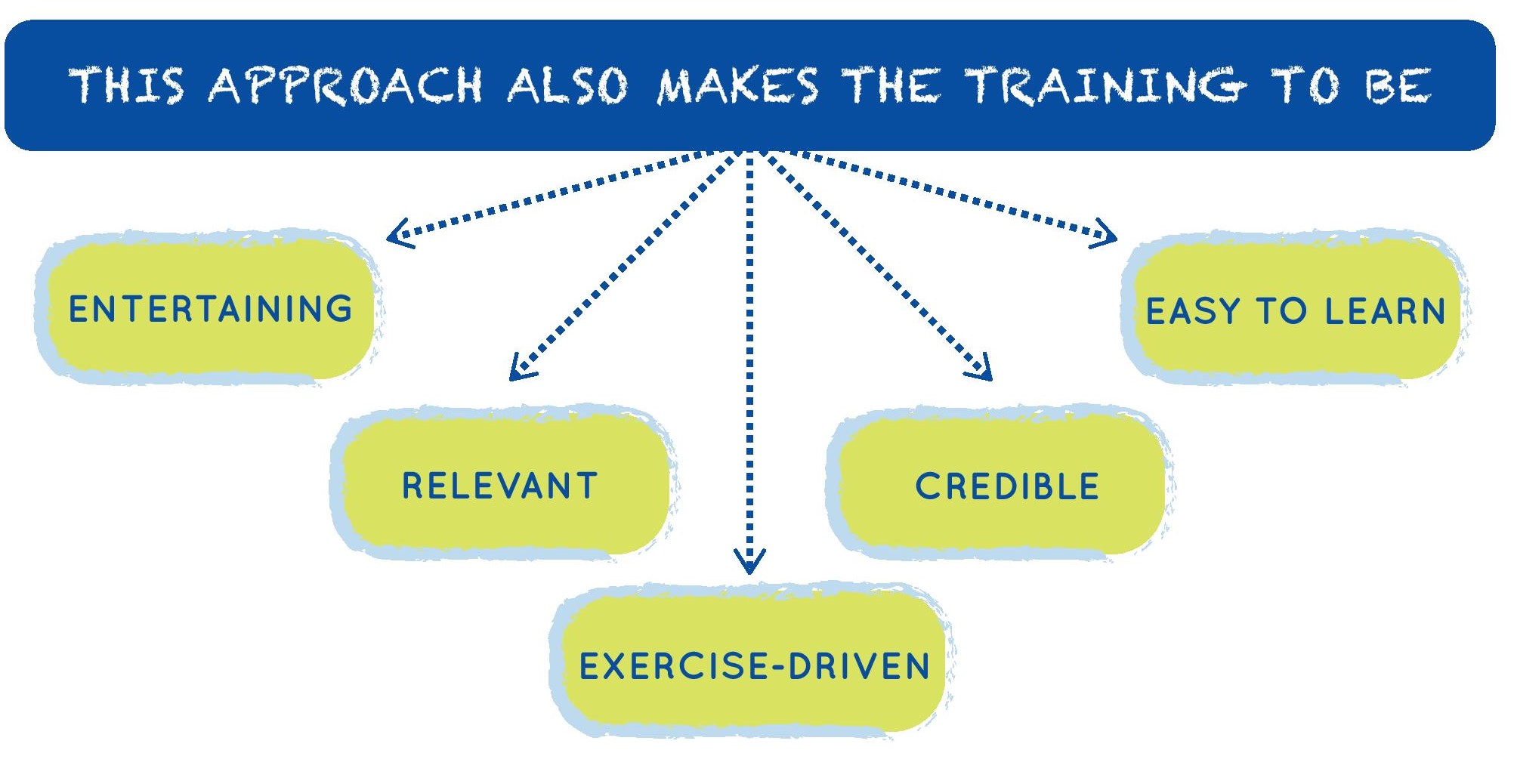
“I've learned that people will forget what you said, people will forget what you did, but people will never forget how you made them feel.”
― Maya Angelou


KES Three-Prong Methodology to train School Students includes their primary influencers - Teachers and Parents.
Special teachers' training program will be introduced to mainstream the Happier-Self habits in every subject taught to the children. Parents and grandparents will be involved through seminars held during the Parents-Teachers Meetings. Daily twenty minutes of activities lead by students would require active participation by their family as a whole.
“Through our curriculum, we want school students to fall in love with learning and develop effective habits to become lifelong students.”

Especially architecture to be fun, interactive, and targeted to specific age groups, boosting their engagement in the learning process and helping them energize Focus, Peace, and Happiness.
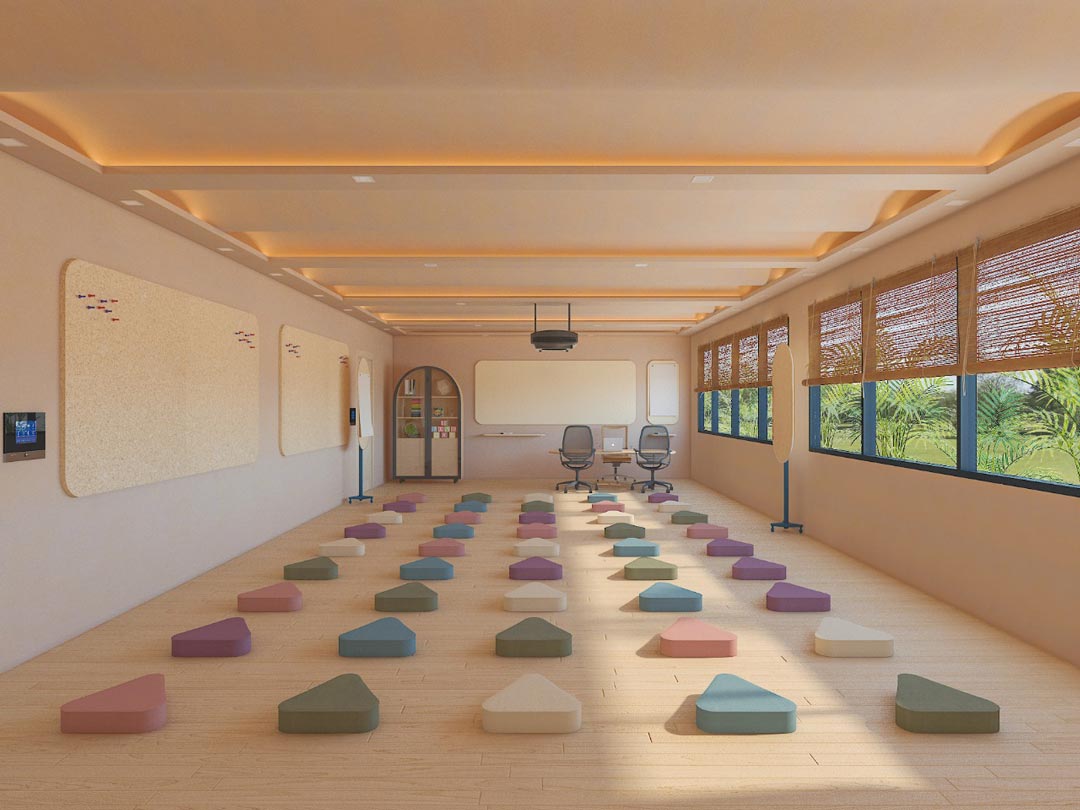
where students gather to experiment in order to nurture their inner presence.
They introspect and discuss their life challenges without any hesitation.
of Loving your-self, Respect, Gratitude, Honesty, Care, Service, Compassion and all you can think of.
on Learning to Live Together, Learning to Be and Positive Psychology
encompassing a combination of value education, motivation building, freedom of speech and corporate readiness, selecting a combination of products from our portfolio.
Class I to V have 5 classes a week out of which two will be conducted by the Happier-Self Coaches and rest three will be lead by their class-teachers. Class VII to XII have 2 classes a week , both conducted by the Happier-Self Coach
The need to fuel such a love of learning is supported by evidence that prioritizing happiness and well-being can result in higher academic achievement.
– UNESCO Happy Schools, 2016
